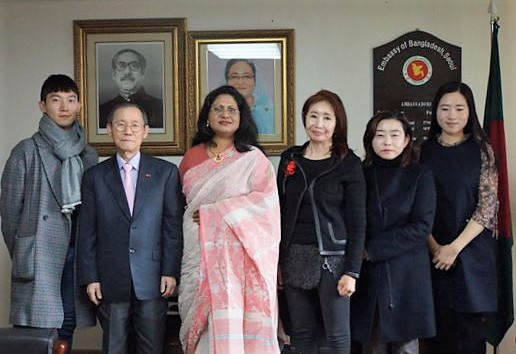Interview with Ambassador Abida Islam of Bangladesh in Seoul
By Publisher Lee Kyung-sik with Editors Linda Youn, Kim Jeong-mi
At a recent interview with The Korea Post, publisher of three English and two Korean-language news outlets, Ambassador Abida Islam of Bangladesh in Seoul said that the people of her country won their independence through the supreme sacrifice made by the three million martyrs’. She recalled with deep gratitude the greatest Bangalee of all time, Father of the Nation Bangabandhu Sheikh Mujibur Rahman, under whose undisputed leadership Bangladesh earned its independence. She also paid homage to two hundred thousand women who lost their innocence during that War and paid her tributes to four national leaders of Bangladesh, who led the War of Liberation and homage to all valiant freedom fighters.
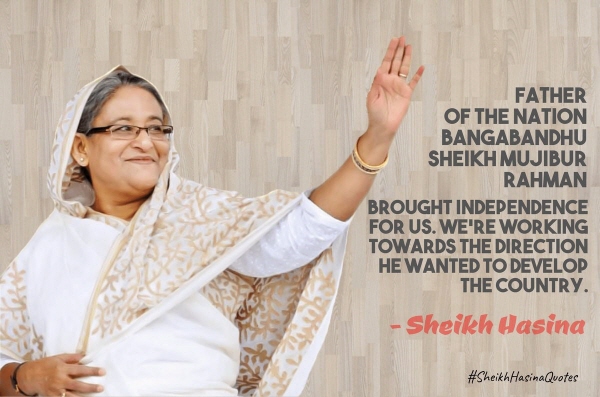
On the economic cooperation between the Republic of Korea and Bangladesh, Ambassador Islam said that “our economy is becoming intensely engaged with the economy of the Republic of Korea. Our bilateral trade has reached over US$1.5 billion in the 2016-17 period from US$22.86 million, only in a little over one decade.”
Details of her interview is as follows:
Question: Congratulations on the National Day of your esteemed country. Please introduce in detail the National Day for our readers.
Answer: 26th March, known as the Shadhinota Dibosh ( in Bangla) or Independence Day, is the national day of Bangladesh. On this auspicious occasion, we commemorate the country’s declaration of Independence by the greatest Bangalee of all time, Father of the Nation Bangabandhu Sheikh Mujibur Rahman and pay homage to the three million innocent people who sacrificed their lives, more than two hundred thousand women who were violated and the valiant freedom fighters, who fought against the Pakistani occupation forces during the nine-month long bloody War of Liberation and earned independence on 16th December 1971.
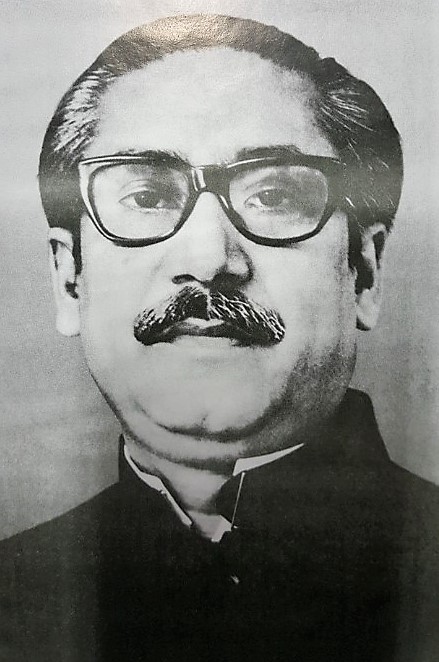
Let me give you a little background.
Bangladesh Awami League achieved absolute majority during the general election in 1970 under the leadership of our Father of the Nation Bangabandhu Sheikh Mujibur Rahman in the then Pakistan. But the military rulers at that time continued to cling on to power ignoring the mandate of the people staging various farces.
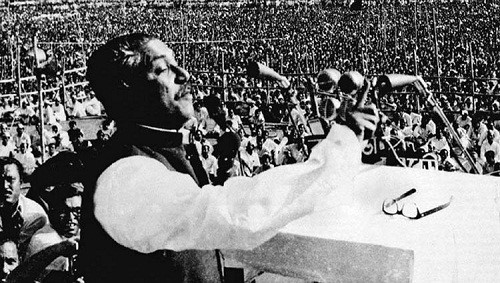
Aiming to free the nation, Bangabandhu Sheikh Mujibur Rahman during his historic address on 7th of March 1971, declared the independence of Bangladesh. He said “The struggle of this time is for freedom, the struggle for this time for our independence”, and it was the beginning of our struggle for independent Bangladesh. The UNESCO recognized this historic speech of Bangabandhu Sheikh Mujibur Rahman and included it in the memory of the World International Register in 2017, a list of world’s important documentary heritage maintained by the UNESCO.
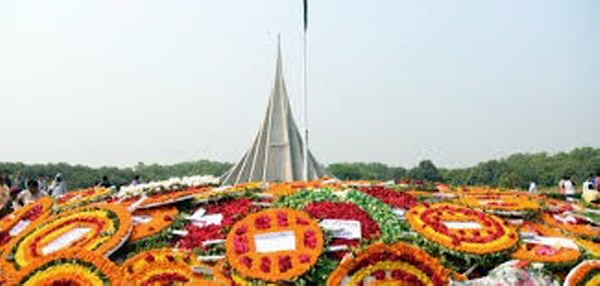
Every year, at the dawn of this day, first the President and then the Prime Minister of Bangladesh pay homage to the Heroes of Liberation War with floral wreath and gun salutes at the National Monument for the Martyrs in Savar , 24 kilometers to the northwest of Dhaka city.
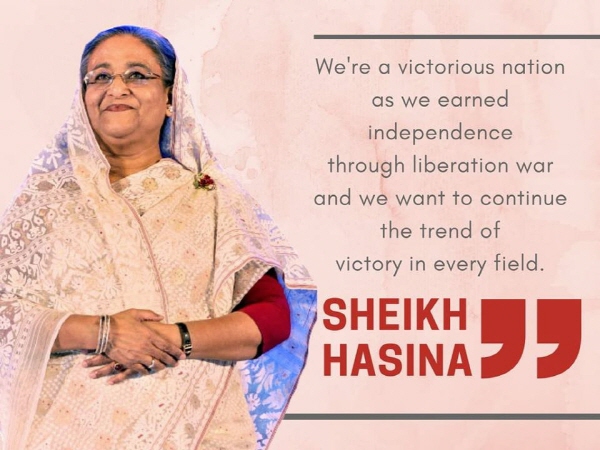
The national flag is hoisted on all government and non-government buildings all over the country as well as in Bangladesh Missions abroad. Different political parties, various social and cultural organizations, and the mass people also join. They also undertake different programs to observe the day in a befitting manner.
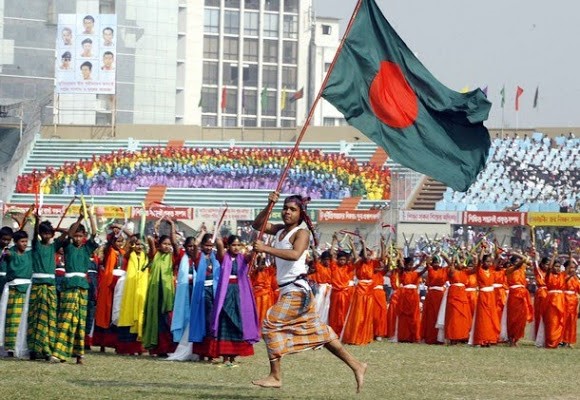
Bangladesh Embassies and High Commissions abroad also undertake different programs to mark this occasion.
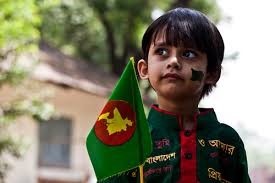
On the eve of this day, the Government accord “Independence Day” Award, the highest state award given to its citizens or organizations, for their contributions in the War of Liberation, art, culture, literature, education, science and technology, public service or any other fields.
Q: What are the important developments scheduled between Korea and your country, including the possible visit of your Head of Government to Korea now that Korea has President Moon Jae-in as a relatively new President?
A: The Republic of Korea (ROK) is a great friend of Bangladesh; it is our important development partner, one of the largest sources of Foreign Direct Investment and also an attractive destination for our workers. We deeply value our bilateral relationship as we speak the same language of democracy, share the similar social values and have the common aspiration for socio-economic development.
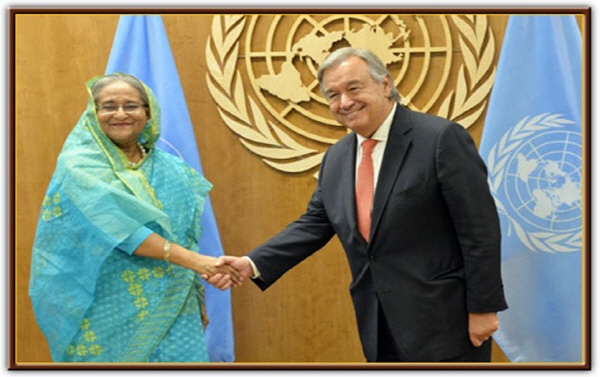
The Republic of Korea is assisting us in a wide range of areas that includes trade, investment, infrastructure development, human resources development, science and technology, education, health, employment of Bangladeshi workers in Korea and other fields as well. Our bilateral trade is also increasing gradually along with our cultural exchange and people to people contact those are contributing to further strengthening of our relations bilaterally, regionally and multilaterally.
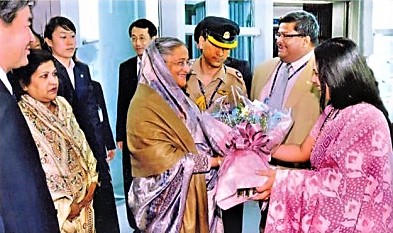
Around 12, 000 workers are employed at present in Korea under EPS System earning foreign currency as well as gaining knowledge and experience of latest modern technology. Under the leadership of Prime Minister Sheikh Hasina, Bangladesh aspires to become a middle-income country by 2021 and we aspire to become a developed country by 2041. The remarkable development experiences of the Republic of Korea will indeed enrich us.
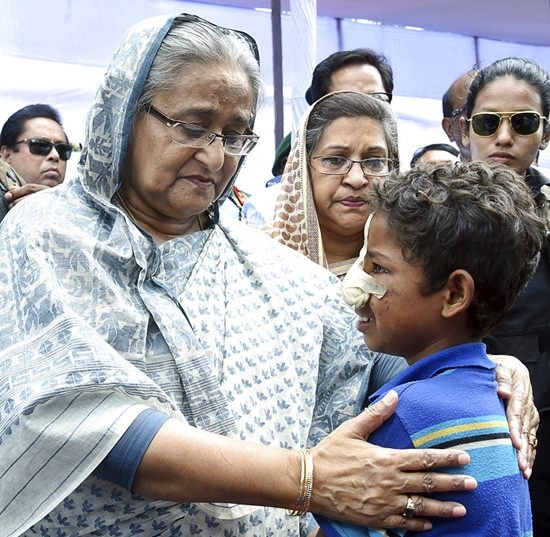
We deeply appreciate the political support of the Republic of Korea during the 3rd Committee Resolution in the 72nd UNGA in November 2017 which included human rights in Myanmar and also at the 27th Special Session of the Human Rights Council in December 2017 on situation of the minority Rohingya Muslim population and other minorities in the Rakhine Sate of Myanmar. We are also thankful to the Government of the Republic of Korea for its humanitarian assistance to the Rohingya people. We hope that this political support will continue in the coming days.
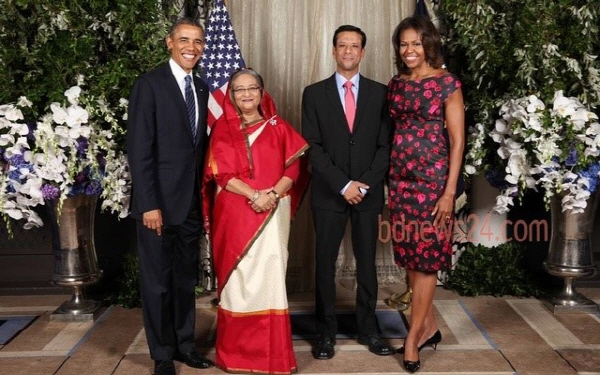
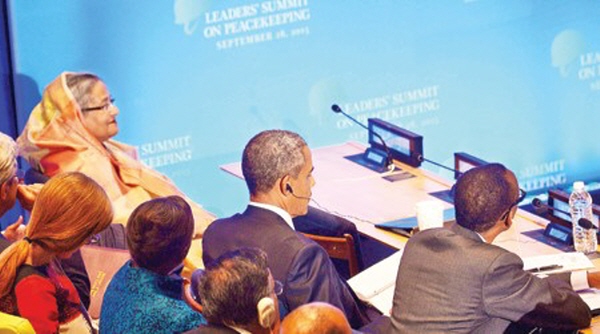
Prime Minister Sheikh Hasina decided to temporarily allow the unarmed Myanmar nationals, mostly children, women and elderly, forcibly displaced to Bangladesh due to the atrocities inflicted on them by their own Security Forces and some Hate Groups, was guided by our conscience emanating from what we, as Bengalis, faced during our War of Liberation in 1971.
But, this has been an unprecedented humanitarian challenge for Bangladesh and also for the international community. The Government and the people of Bangladesh, despite our own challenges, with the support of international community, will continue to provide humanitarian assistance to these most persecuted ethnic Rohingya community from Myanmar till they are repatriated to their own country, which should happen soon.
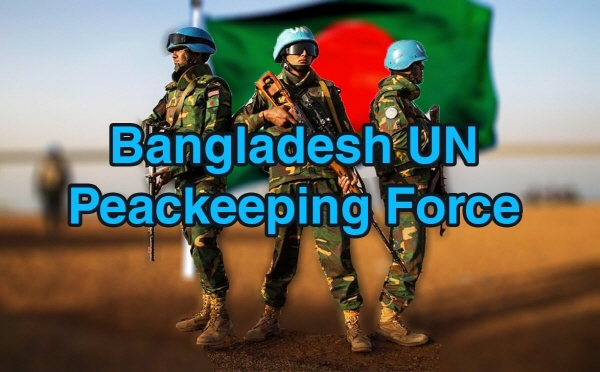
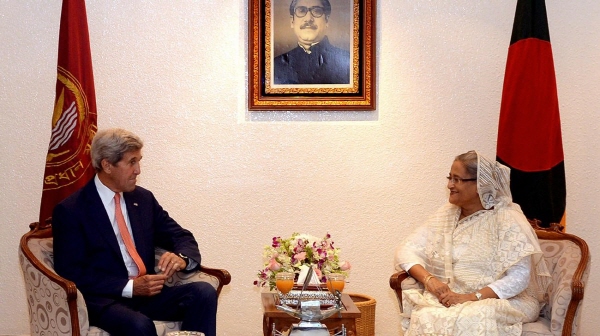
Regarding the possible visit by our Head of Government to the Republic of Korea, it may be mentioned that Prime Minister Sheikh Hasina visited this country in 2010, which was almost a decade ago. We are expecting a reciprocal visit from the Republic of Korea.
I have already conveyed the invitation from our Hon’ble President to the Hon’ble President of the Republic of Korea to visit Bangladesh at a mutually convenient time. I sincerely hope that there will be some development in this regard soon.
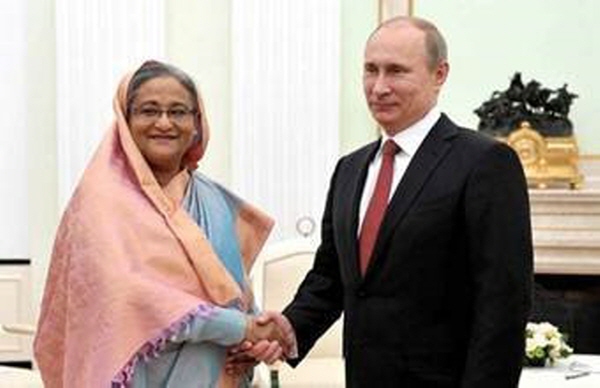
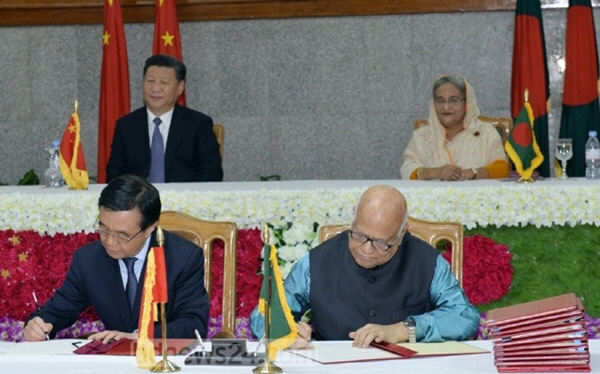
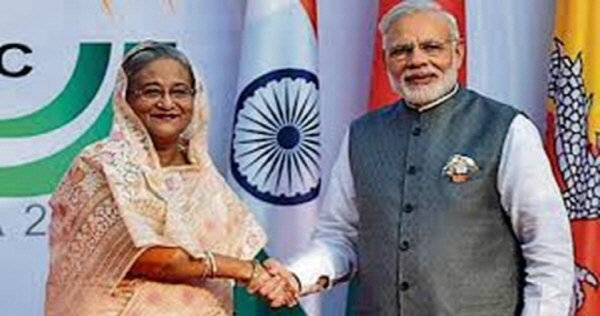
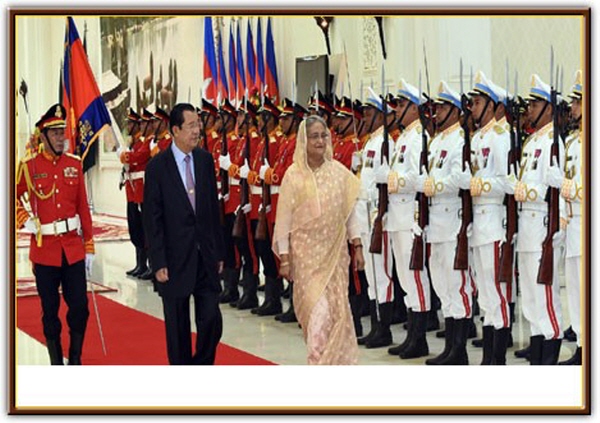
Q: What is the current volume of bilateral trade, its outlook in the next 12 months?
A: The Republic of Korea has been one of the "economic tigers" in the region and has secured its place among the top 11 economies in the world. Its economic growth during the past three decades is extraordinary. The country has become an aid donor country from an aid recipient one through the resilience, devotion and hard work of its people.
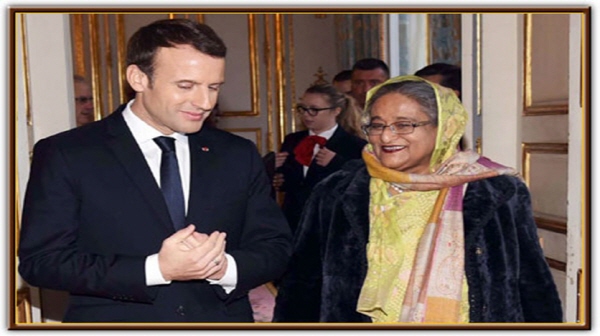
Since the establishment of our bilateral relationship more than four decades ago with the Republic of Korea, we have signed a number of agreements/MOUs in a wide range of areas including trade and investments, air services, visa waiver, culture, science and technology, power, energy and mineral resources, environment, and also on export of manpower with this friendly country. Some of these MOUs need revision and update which I intend to do during my tenure here.
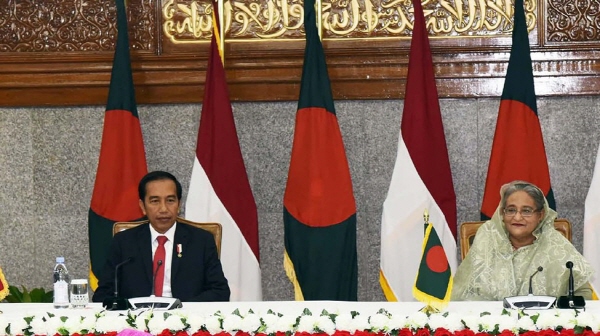
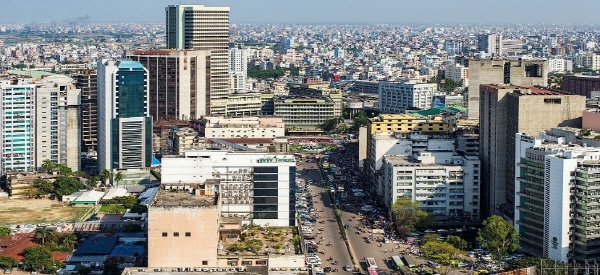
Our economy is engaging intensely with the economy of the Republic of Korea and our bilateral trade has reached over USD$1.5 billion in 2016-17 from USD $22.86 million, only in a little over one decade (2005). The balance of trade is heavily inclined to favour the Republic of Korea as our export amounts to only USD $238.23 million (2016-17) comprising predominantly industrial components and raw materials. The Republic of Korea is the 3rd largest source of import for Bangladesh.
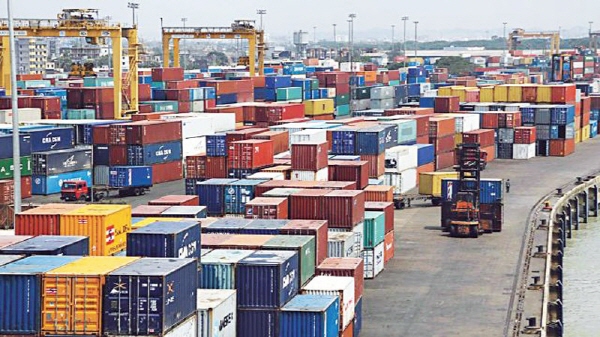
We are thankful to the Government of the Republic of Korea for according duty-free and quota free access to our nearly 500 products. But still there are potential areas for Bangladesh which are yet to be explored by the businessmen and investors of the Republic of Korea. I am planning to hold an investment seminar with these potential businessmen and investors and apprise them about the favourable investment climate in Bangladesh. I believe our current level of trade will improve if the Republic of Korea imports pharmaceutical products, ceramics, leather, more jute and jute products from Bangladesh. During my tenure, my focus would be to further strengthen our bilateral trade and economic relationship for the mutual benefit of our two peoples.
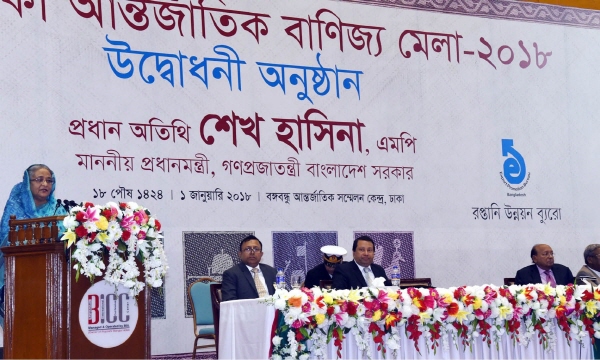
We have a small basket of exports to the Republic of Korea, it includes special woven or tufted fabric, lace, tapestry, carpets and other textile floor coverings; knitted or crocheted fabric; plastics and articles; Impregnated, coated or laminated textile fabric; manufactures of plaiting material, basketwork; rubber and articles; bird skin, feathers, artificial flowers, human hair; aluminum and articles; fish, crustaceans, mollusks, aquatic invertebrates.
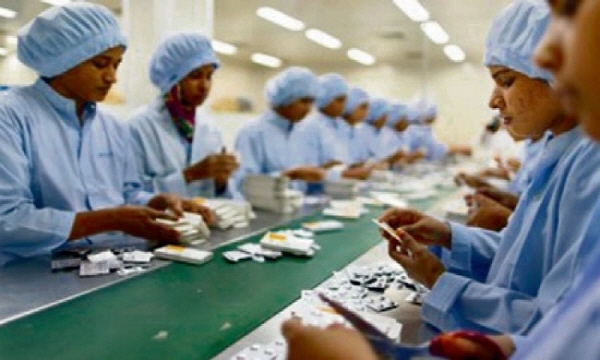
We import Iron and steel; Plastics and articles; Machinery, mechanical appliances, nuclear; Reactors, boilers; parts; Paper and paperboard; articles of paper; Pulp of paper or of paperboard; Tanning or dyeing extracts; tannins and their derivatives; dyes, Vehicles other than railway or tramway rolling stock, and Parts and accessories; Man-made filaments; strip and the like of man-made textile materials; Zinc and articles thereof from the Republic of Korea.
Q: What are the areas in your country where you want Korean companies to invest and what are the areas where you wish your businessmen to invest in Korea?
A: The Republic of Korea is one of the largest foreign investors in the Export Processing Zones (EPZs) in Bangladesh. It is the pioneer country to invest in the RMG sector of Bangladesh in the 70s and it was followed by the investment of almost USD $1 billion in the late 90s. The Republic of Korea was the first country to establish a private Export Processing Zone in Chittagong, Bangladesh.
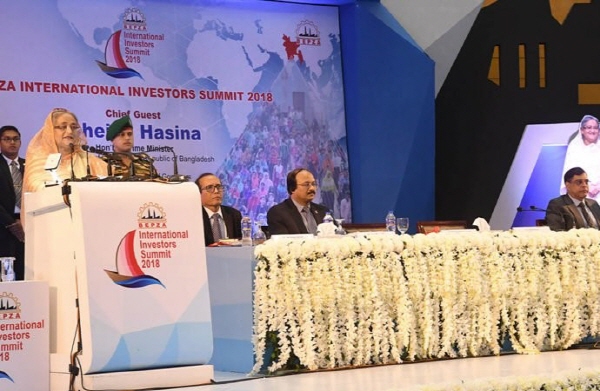
The Republic of Korea has substantial investment in textiles, tanning and shoe factories employing over 80,000 Bangladeshi workers in Chittagong and Dhaka. The Republic of Korea’s leading conglomerate SK Group has invested in a joint venture with TK Group of Bangladesh for setting up a petrochemical refinery, Liquefied Petroleum Gas (LPG) terminal and a power plant in Maheshkhali Economic Zone in Cox's Bazar.
Korean Tech-giant Samsung and LG are going to manufacture its products in Bangladesh under a joint venture company within a short time which may reduce the trade deficit between our two countries.
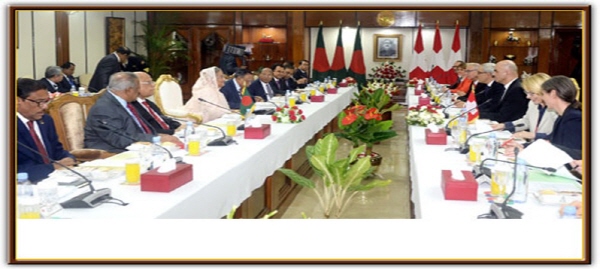
Bangladesh is offering hundreds of acres of lands to the South Korean investors for setting up a South Korean EPZ in Mireshwarai, Chittagong or Moheshkhali, Cox’s Bazar. Some Korean companies have expressed their interest to invest in Special Economic Zones in Bangladesh, while many other companies have expressed their interest in investing in the country. I believe these initiatives will definitely enhance engagements between the business houses of our two countries and further increase our trade and commerce relationship.
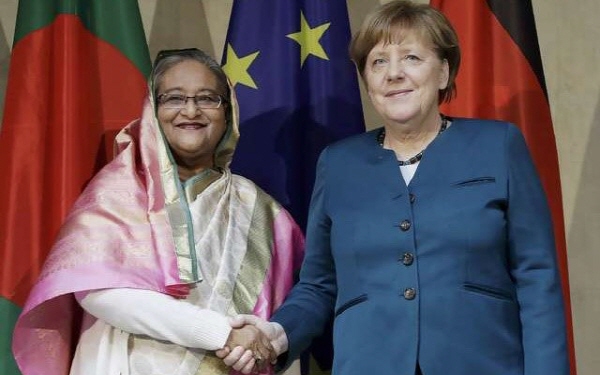
I am planning to hold a seminar this year to apprise the business community in the Republic of Korea about the favorable investment climate in Bangladesh. In the Mission we have recently opened a Commercial Wing and we remain ever-ready to respond to any queries of the potential investors and businessmen from South Korea.
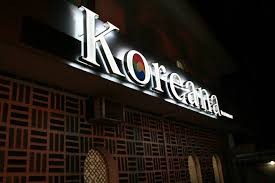
More than 200 Korean businesses invested in garment and other businesses. Since Bangladesh government is presently implementing setting up of 100 Special Economic Zones in Bangladesh, therefore if any Korean investor sets up production units in the SEZs, it will get all the facilities from the government and at the same time it will get duty-free market access of its products in the global market under the WTO rules.
Korean Investors may come forward to invest in sectors like telecommunication; jute and leather; active Pharmaceuticals Ingredients (API) companies; fashion industry of Ready-made Garments; Mid-sized Shipbuilding; institutional capacity building like skill development and training; ICT; energy; infrastructure, and light engineering.
Q: Who are the Korean companies actively engaged in the promotion of economic cooperation between Korea and your esteemed country? (Please provide The Korea Post with a list of about 20 representative companies complete with their contact information so that we could provide each of several best ones with an adequate space for details and photos for their introduction to induce other Korean companies to enter your country for economic cooperation.)
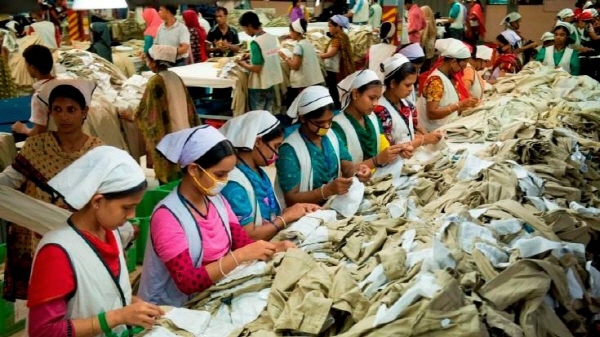
A: Quite a handful companies are doing business with Bangladesh. They are, Youngone Corporation; Dada Corporation; D.H. Euro Hi-Tech Co., Ltd; ShinWon Corporation; Changdae Apparel Co. Ltd.; K-Water (Korea Water Resources Corporation); Samsung Climate Control Co., Ltd.; LS Cable & System; Posco Daewoo; Samwhan Corporation; Hyundai Group; GS Engineering and Construction; Korea Maritime Consultants Co. Ltd.
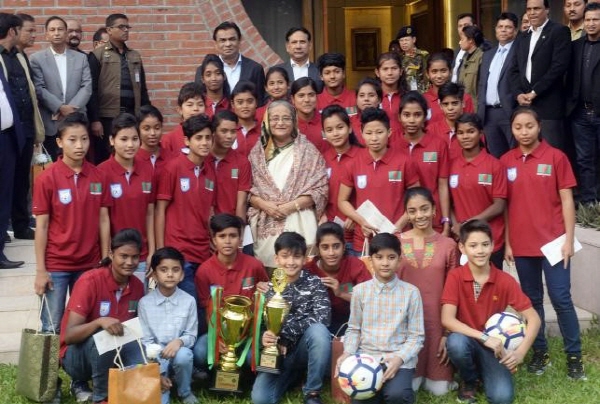
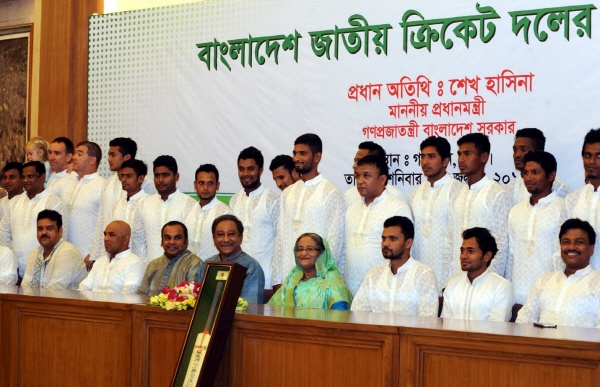
Q: Please introduce your Head of Government in detail, including major achievements.
A: The political career of our Hon’ble Prime Minister spanned over four decades and she has been leading Bangladesh Awami League since 1981. She served as the Leader of the Opposition from 1986 to 1990, from 1991 to 1995 and again from 2001-2006. She held the Office of the Prime Minister from 1996 to 2001. Now she is in her second consecutive term in the office since January 2009. Prime Minister Sheikh Hasina is the daughter of our Father of the Nation Bangabandhu Sheikh Mujibur Rahman.
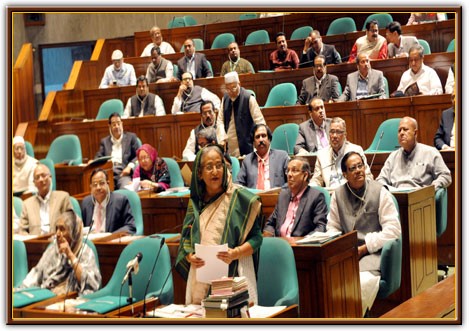
Born in September 1947, Prime Minister Sheikh Hasina ranked 30th amongst the Forbes' list of The World's 100 Most Powerful Women in 2017. In the same year, she was featured distinctively in a book named Women Presidents and Prime Ministers as one of the 18 women national leaders of the world. She is a champion of women empowerment and democracy. Through her philosophy for “digital Bangladesh” and “Vision 2021”, Bangladesh aspires to be a middle-income country by 2021 and a developed country by 2041.
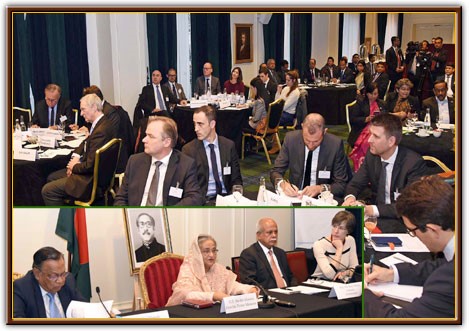
Two of the most outstanding achievements of Sheikh Hasina are her leadership-roles and success behind the trials of the killers of our Father of the Nation Bangabandhu Sheikh Mujibur Rahman and the war criminals, who committed crimes against humanity during our War of Liberation in 1971.
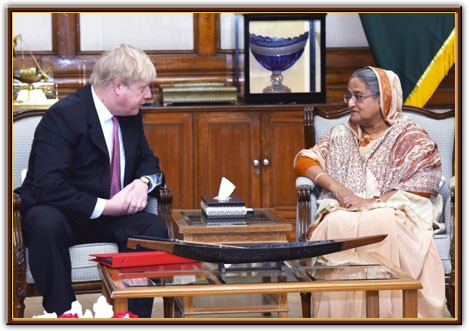
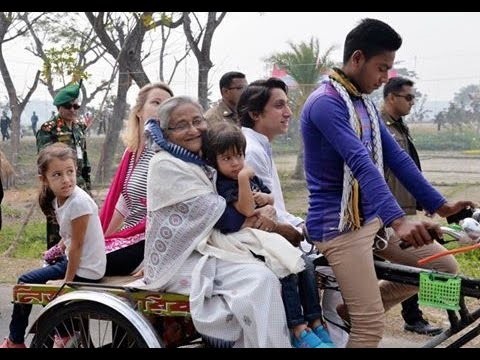
During her tenure, Bangladesh has achieved self-sufficiency in food (rice, fish, meat) production. Significant progress on the food security through efficient food delivery mechanism, improved rural infrastructure, liberalized agricultural input, output markets and integration of markets have not only contributed to revitalize rural economy but also helped reduce inequality.
Bangladesh has been able to reduce poverty rate by 1.8 percent during 2000-2005 period, by 1.7 percent between 2005 and 2010 and by 1.2 percent from 2010 to 2016 each year. In the last HIES(Household Income and Expenditure Survey) 2016 report, head count poverty rate under upper poverty line has been registered as 24.3 percent, for lower poverty line the rate is 12.9 percent, although the income gini coefficient slightly deteriorated from 0.45 to 0.48.
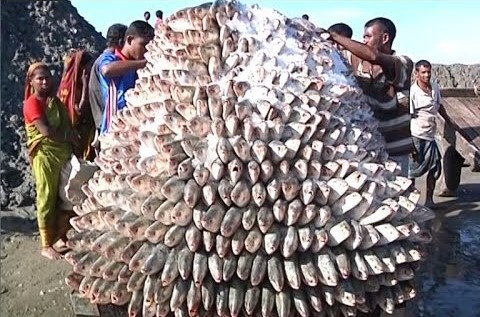
Under her dynamic leadership and forward-looking philosophy, for the first time in the history of country, Bangladesh economy crossed over 7 percent growth rate in 2016 breaking the trap of 6 percent growth stagnation. The growth rate of 7.28 percent that was registered in the fiscal year 2016-17 meant that Bangladesh economy has stepped into an elite group of developing countries that have been experiencing higher rate of growth. The per capita income in 2017 increased to US$ 1610 from US$ 1465 from the previous year. Bangladesh touched a milestone attaining the status of a lower middle-income country in 2015.
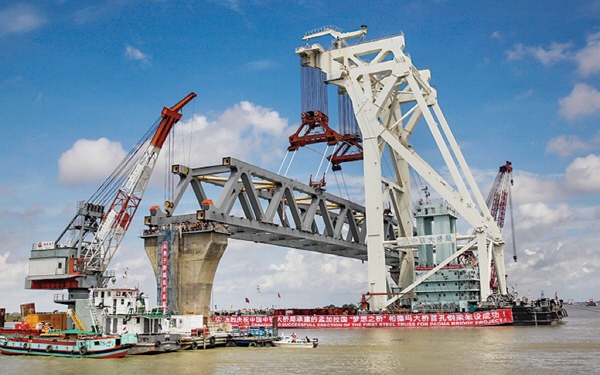
Progress has been made in improving Bangladesh’s life expectancy at birth (71.6 years in 2016) (BBS, 2017), expected years of schooling (10.2 years). Expanded program on immunization (EPI) coverage evaluation survey 2015 reveals that 82.5 percent children were fully vaccinated which was only 2 percent in 1985. The under-five mortality rate in Bangladesh declined from 212 deaths per thousand live births in 1982 to 36 deaths/1000 live births in 2015. The total fertility rate (TFR) also went down from 6.3 in 1975 to 4.3 in 1991 and finally to 2.1.

Since 1990, the primary school enrolment has increased 1.6 times from 11.9 million in 1990 to 19.07 million in 2015, of which 51 percent are girls. In the Global Gender Gap index 2017, Bangladesh ranked 47 out of 144 countries (WEF, 2017).
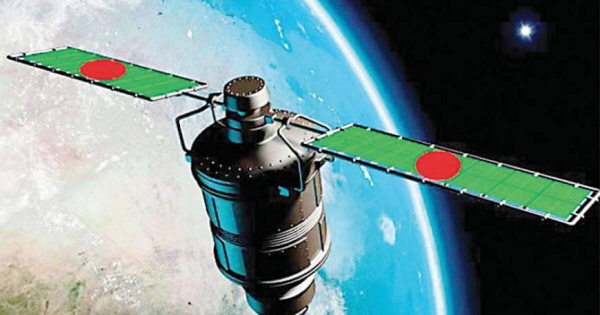
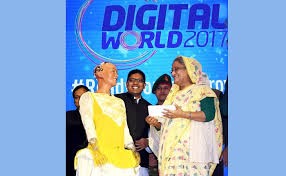
Now under the stewardship of Prime Minister Sheikh Hasina, Bangladesh, the largest least developed country (LDC), will be recommended for its graduation this month that is March 2018 from the LDC list to a Middle-income country in 2021. Bangladesh has already attained all three graduation criteria (GNI, Human Assets index and Economic Vulnerability Index) and is expected to be recommended by the Secretariat of the UN Committee for Development Policy (CDP). We will need to meet these criteria for the second time in 2021. With the endorsement from the ECOSOC and being approved by the General Assembly, Bangladesh hopefully will graduate from LDC status in 2024.
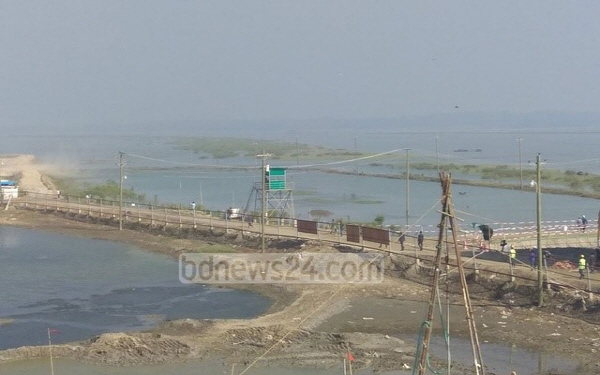
Q: What are the attractive tourist destinations of your country?
A: Bangladesh has many tourist places in terms scenic beauty, history, tradition, culture. For picturesque beauty top destinations are sea beaches, islands, mountainous areas of Bangladesh. For example, Cox's Bazar Beach located at the south part of Bangladesh, overlooking the Bay of Bengal, spanning over 120 kilometers (75 mile) is the top most tourist destination of Bangladesh. It has the longest unbroken sandy sea beach in the world.
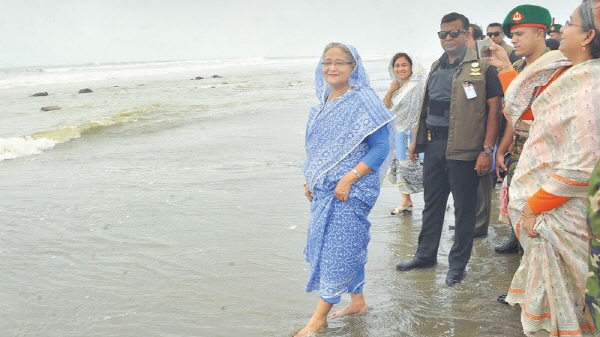
We have another panoramic sea beach in Kuakata in the southeastern part of Bangladesh which is 18 kilometers (11 mi) long. One can experience both sunrise and sunset over the Bay of Bengal in this beach.
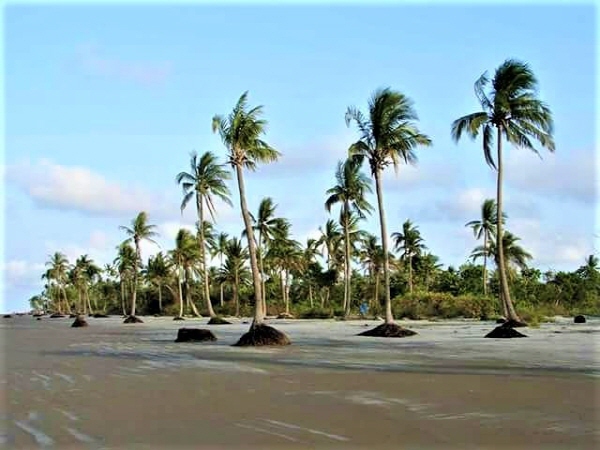
World’s largest mangrove forest “Sundarbans” is located in the coastal region of Bangladesh. Its total area is about 10,000 sq.km; about 6,000 sq.km are on Bangladesh’s side and the remaining areas about 4,000 sq.km are on the side of India. Sundarbans is considered as one of the natural wonders of the world. In 1997 UNESCO recognized it as a World Heritage Site. If you are lucky you will have the chance to meet the “Royal Bengal Tigers” there.
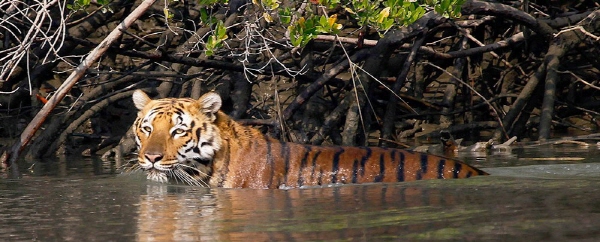
We have a small island called “Saint Martin” which is around 8 sq.km, located in the north-eastern part of the Bay of Bengal . It is extremely popular with the tourists and the only coral island in Bangladesh.
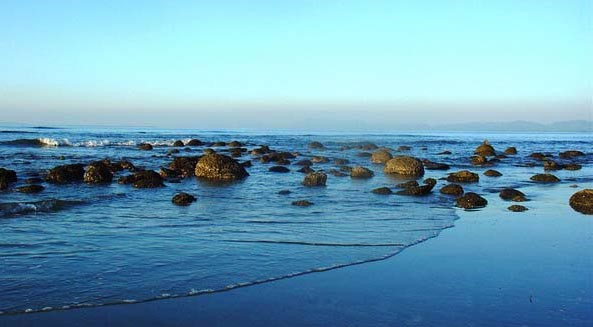
We have a Swamp Forest in Ratargul , one of the few freshwater swamp forests in the world. It is known as the Amazon of Bangla and Sundarbans of Sylhet. This only swamp forest in Bangladesh is located 26 km far from Sylhet District.

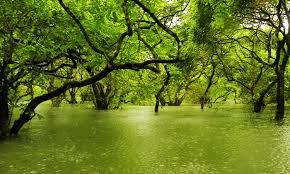
Bangladesh has mountainous areas in the Southeastern part of Bangladesh. Tourists who love the mountains and peaks, they can visit Hill Districts of Rangamati and Bandarban, which are famous for their greenery and scenic beauty. They are regarded as the most attractive travel destinations in Bangladesh.
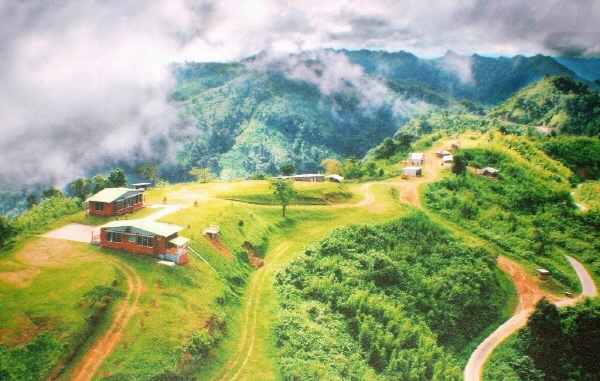
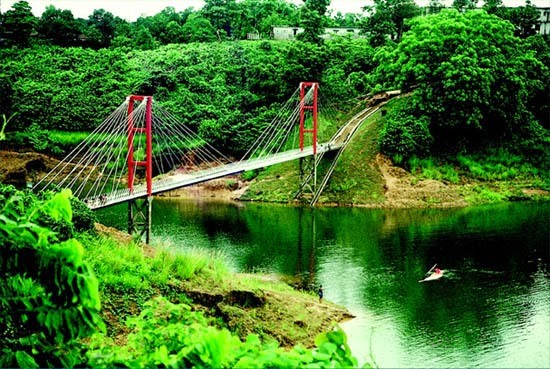
As you are aware that Bangladesh has rich tradition, you will find some historical places scattered all over the country. For example, the Lalbagh Fort-it is an incomplete fort of the Mughals from the 17th century with historic significance.
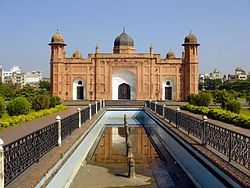
Ahsan Manzil is another historical site which used to be the official residence of Nawab (Ruler) of Dhaka constructed in the 18th Century. At present this site has been designated as a national museum.
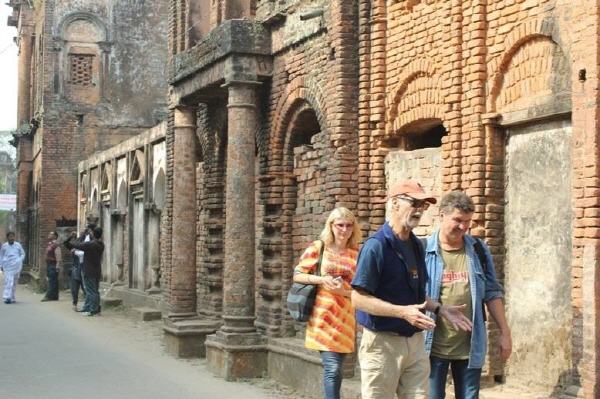
Sonargaon meaning City of Gold used to be an ancient and historic city of Bangladesh from the 13th century. It used to be the administrative, commercial and maritime center in Bengal. Youngone Corporation of Republic of Korea has recently renovated the Panam City of Sonargaon and now is working for the renovation of the “ Boro Sardar Bari” there, another historical site.
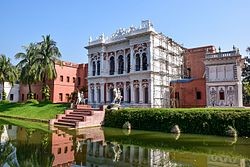
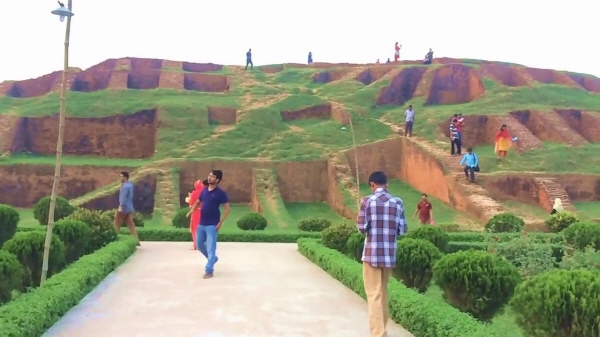
Mohasthangarh is an ancient city located in northern part of Bangladesh in the district named Bogra which was called Pundranagara or Paundravardhanapura .
Bangladesh has a Buddhist heritage and you will find many Buddhist temples in Bangladesh. Recently a new 45-foot statue of Lord Buddha erected in s Chittagong Hill Tracts of Bangladesh.
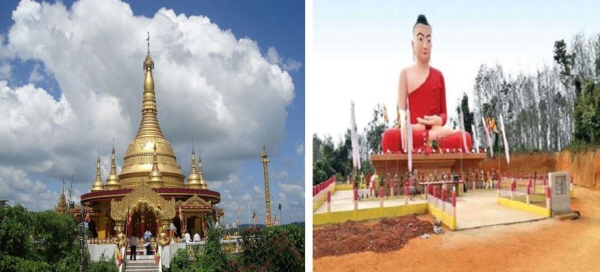
We also have some architectural marvels. For example, the National Parliament House , one of the largest legislative complexes in the world, is the most significant buildings of the twentieth century comprising 200 acres . It was designed by architect Louis Kahn.
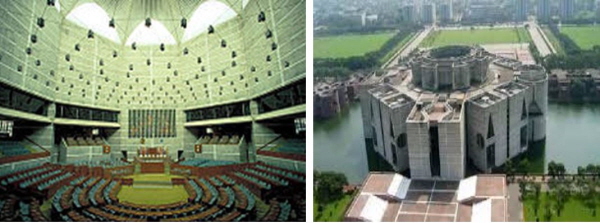
Bangladesh celebrates its Bangla New Year on 14th of April each year with lots of fun and festivity. In the first half of the day the teachers and students of the Faculty of Fine Arts of Dhaka University bring out a colourful procession titled “ Mongol Shobhajatra” ( procession for wellbeing ) comprising people of all walks of life which symbilizes unity and secularism. The UNESCO recognized this vibrant procession as the Intangible Cultural Heritage of Humanity in 2016.
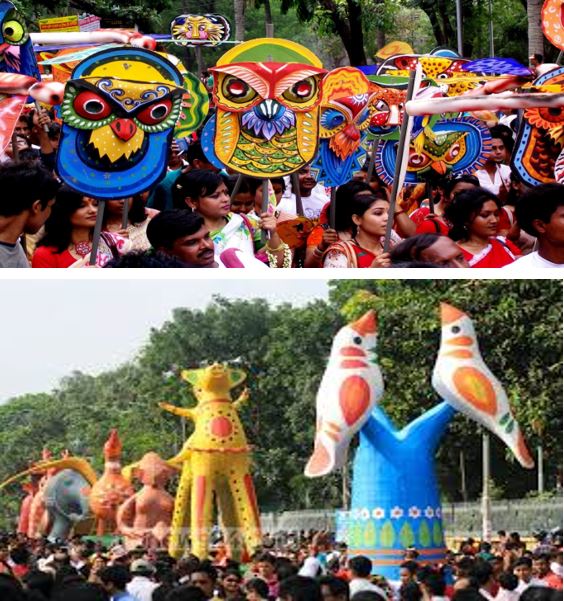
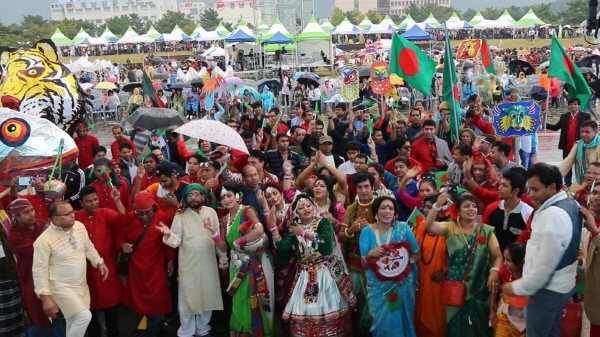
Our people to people contact with the Republic of Korea is increasing. We have many Korean restaurants in Dhaka . I hope more people from Republic of Korea will visit Bangladesh and experience its beauty, culture, heritage, cusine and warm hospitality of its people.
